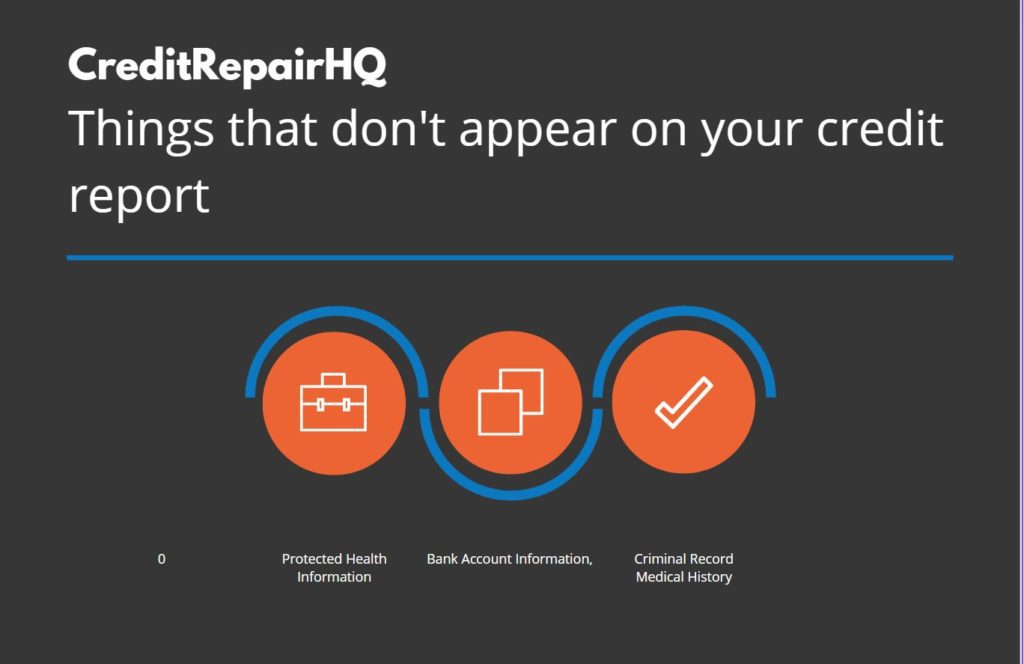
Credit reporting agencies (commonly known as credit bureaus) are companies that collect information about your credit history, and sell it to lenders, employers and landlords as credit reports.
While there are over a dozen different information furnishers, only three are generally considered for consumers: Equifax®, TransUnion® and Experian®. If you have every purchased a home, car, or applied for financing or credit, you have encountered a credit report. But what are credit reporting agencies? Let’s take a deeper look.
What is the Purpose of a Credit Reporting Agency?
Credit reporting agencies are companies, privately held, that compile and sell consumer information to lenders, employers and landlords. In the 1980s, they branded themselves as “credit bureaus” in an attempt to tether themselves to the government, in a way to look more official.
Credit bureaus collect this information from companies that report, or subscribe, to their services.
These companies allow potential lenders to see a fairly comprehensive view of a consumers financial history ahead of making any decisions on lending to said consumer.
What Information Do Credit Reporting Agencies Collect?
Essentially, the credit reporting agency will collect 4 main types of information.

Personal Information
Credit reporting agencies collect personal information such as employer, address, birth date and social security number.
Tradelines
These companies collect full histories on any company that reports to them, such as credit cards, mortgages, student loans:
- Open and close dates
- Type of repayment (installment, revolving, or open)
- Number of late and on-time payments
- Credit limits
- Amount of credit used (also called your credit utilization ratio)
Collections and Public Records
Collection accounts will often end up on your credit report. This is at the discretion of the company that owns the debt. It is a rule of thumb that if you have outstanding debt, it will very likely end up on your report.
Late payments of more than 30 days will also appear on your credit report.
Public record items may appear on your credit report as well. These include:
- Bankruptcy
- Judgements
- Federal and State Tax liens
- Mortgage Default
- Evictions if sued
Inquiries
A credit inquiry are permissible requests to see your credit. There are two types of inquires.
- Hard inquiry: This is when your credit is pulled for a credit application, and impacts you score for one year, and reports for two years.
- Soft inquiries: These are related to when you pull your own credit, promotional credit inquiries, or other permissible requests. These do not impact your score.
How Long Can Information Report
Who Governs the Credit Bureaus?
While the credit bureaus are privately owned companies, they do have to adhere to a number of laws that are mandated by the government, and policed by the FTC and CFPB.
The Fair Credit Reporting Act is the law that mandates consumer rights when it comes to Credit Reporting Agencies.
How Many Credit Reporting Agencies are There?
There are three major credit bureaus called TransUnion, Experian and Equifax. There are also smaller, more specialized credit bureaus that handle things like tenant screening and insurance screening.
Industry Specific Credit Bureaus
There is small group of industry specific credit bureaus.
While the three major bureaus’ goal is to offer a complete picture of your lending history, the smaller credit agencies specialize in specific areas, like tenant screening or medical history.
How and When to Get Your Credit Reports
You can get copies of your credit report at AnnualCreditReport.com. You are entitled to one free annual credit report from each (TransUnion, Experian and Equifax). In 2022, you are able to get reports once weekly, due to the pandemic.
Additionally, you are able to get free reports if you have been denied employment or credit. These request must be done within 60 days.
This article was last updated on May 29, 2022